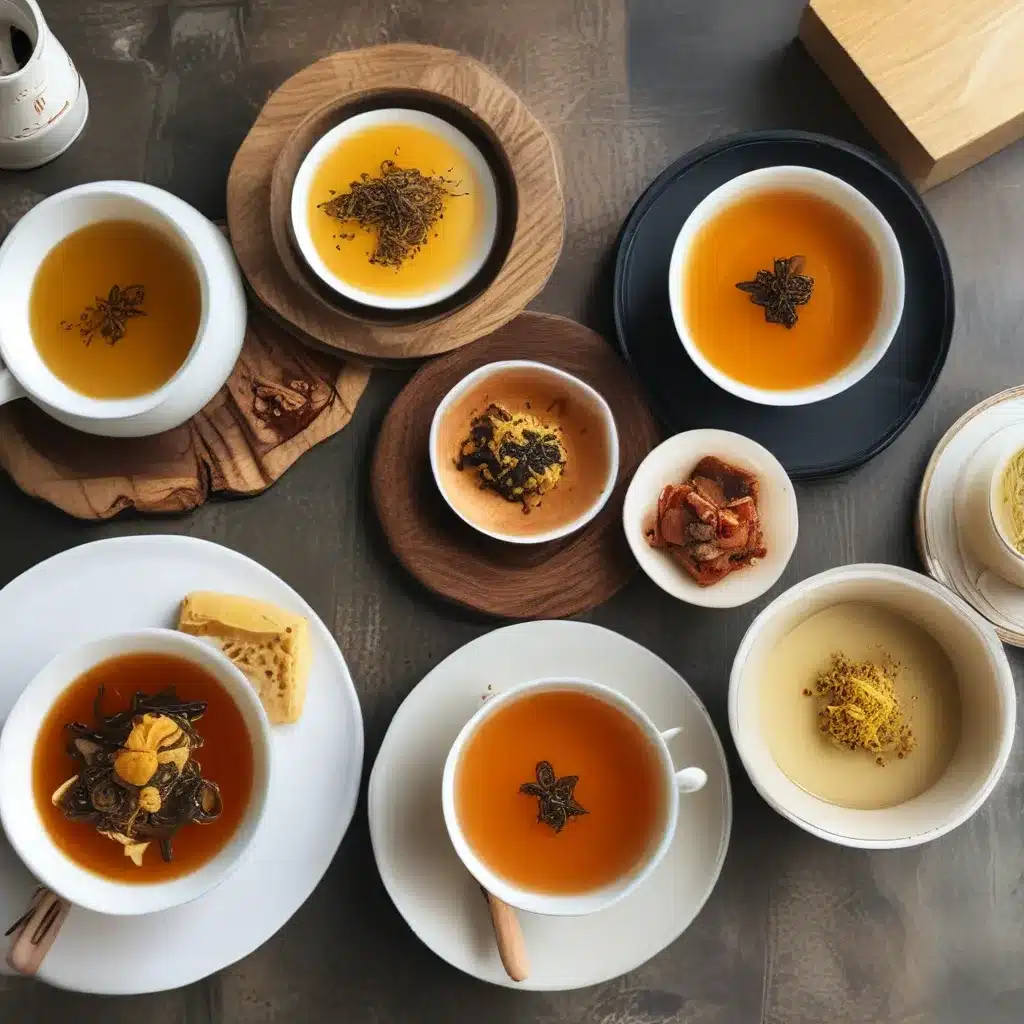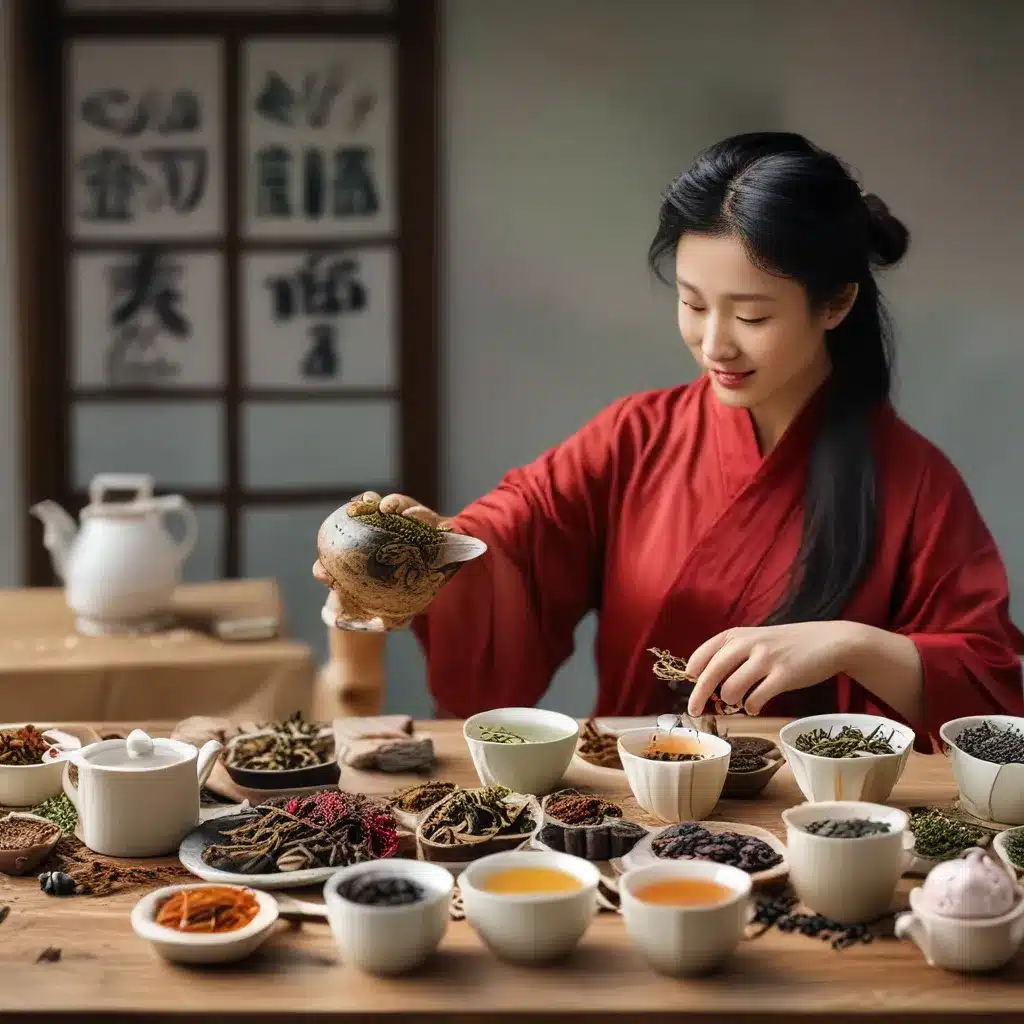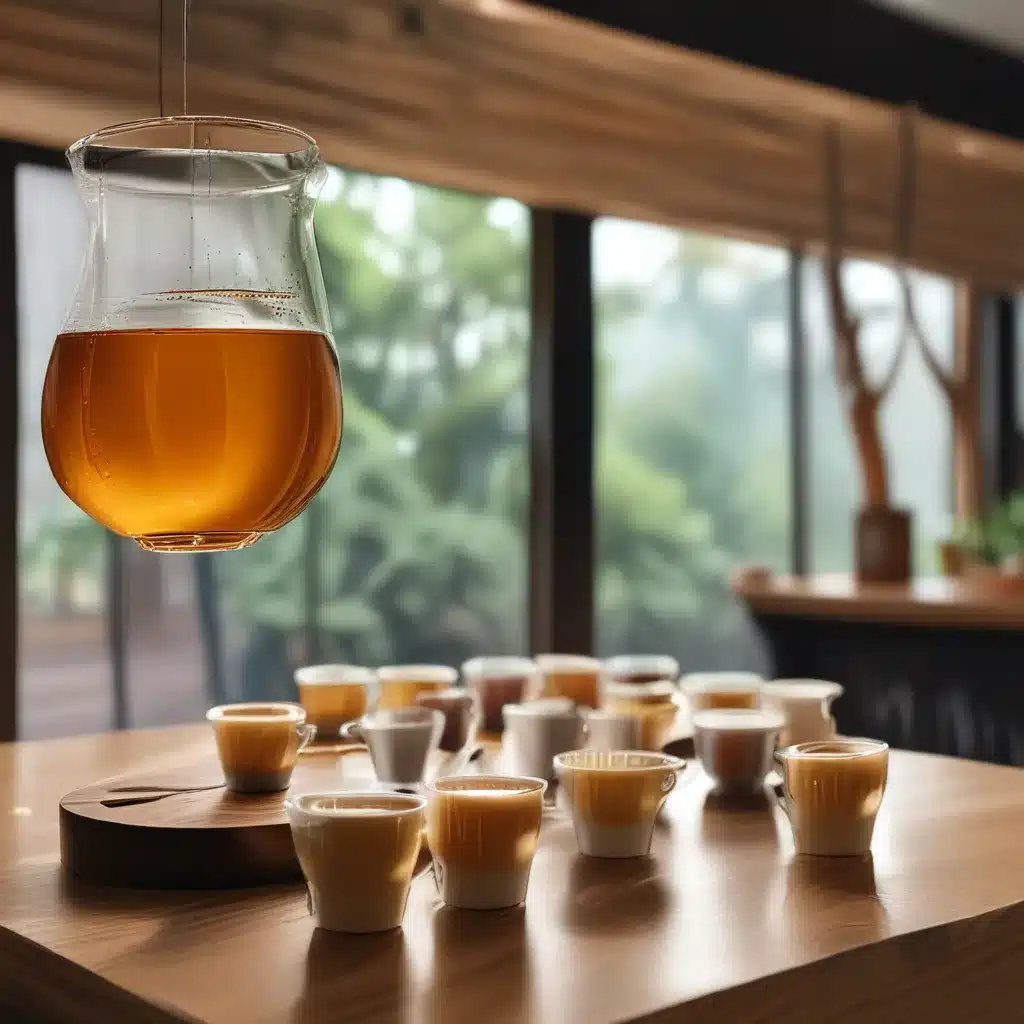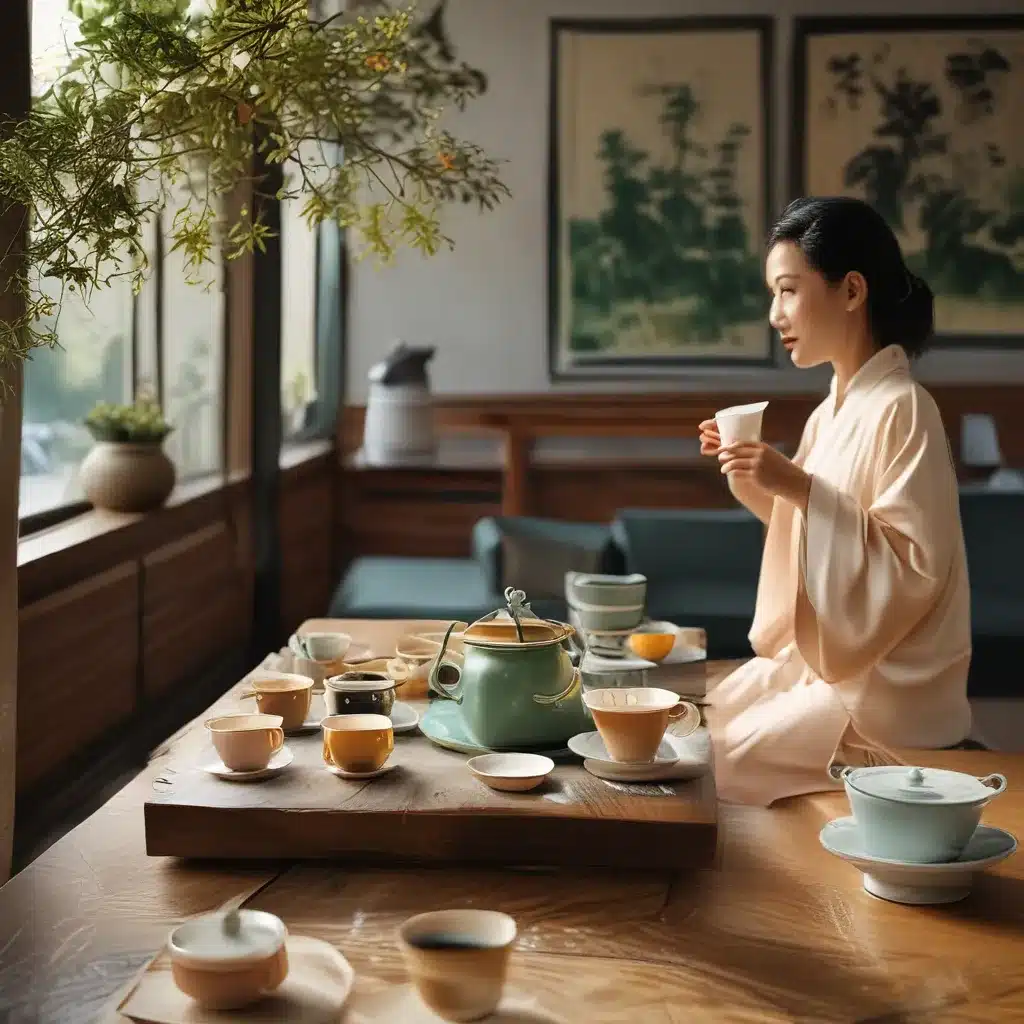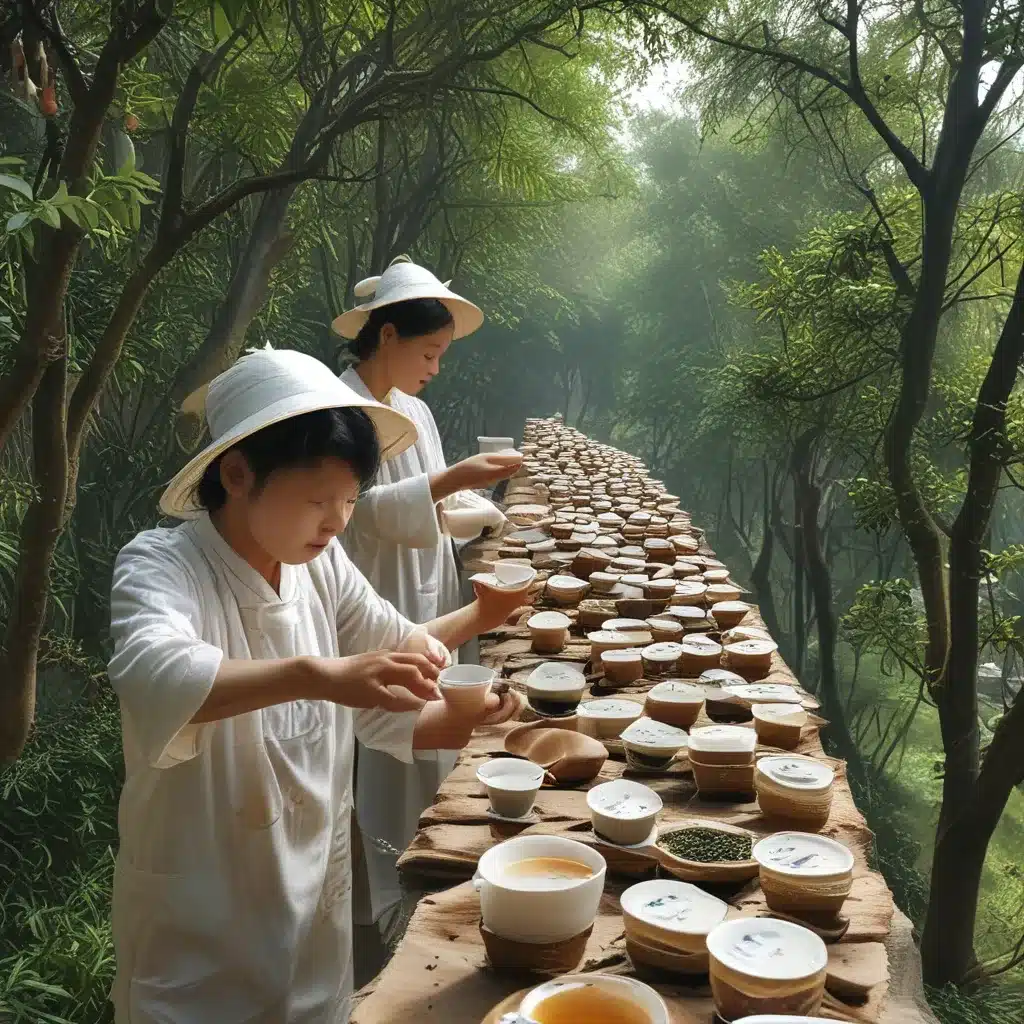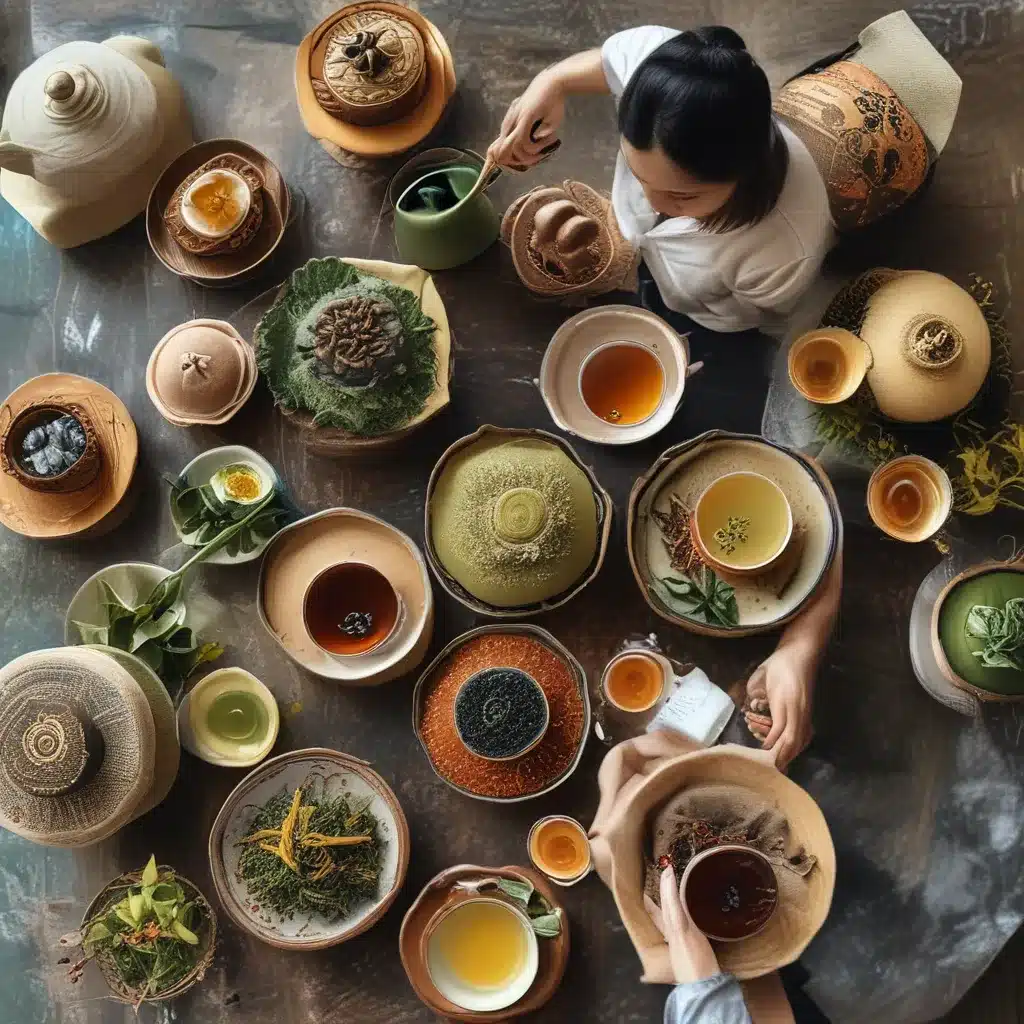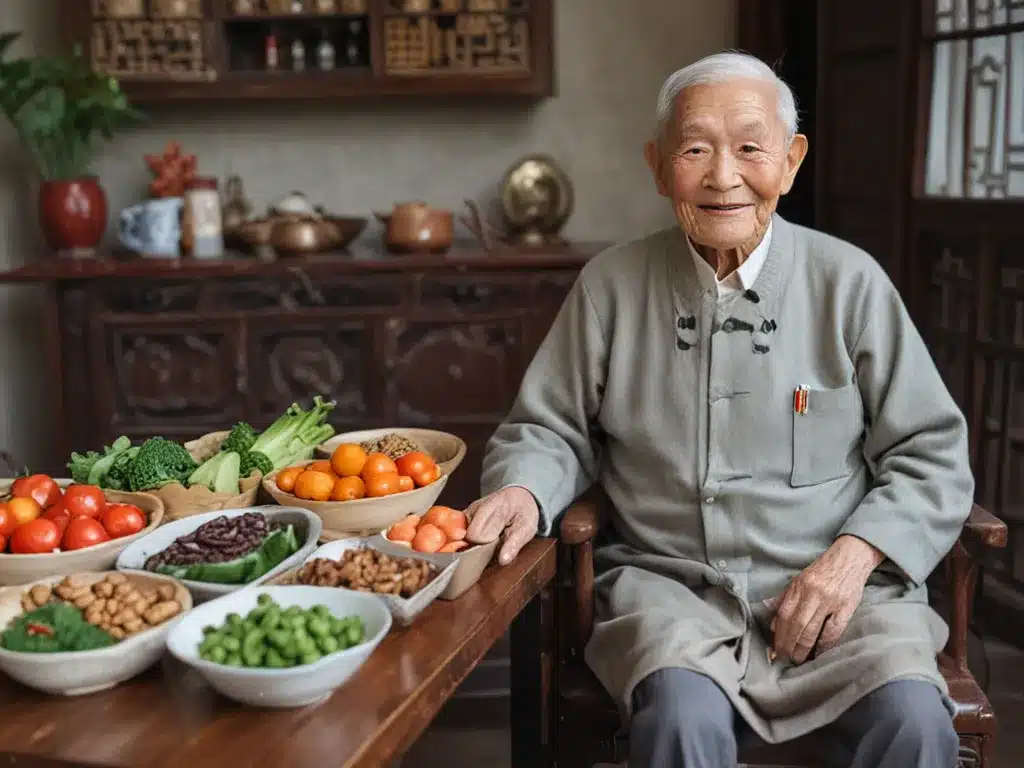
What are the main components of Chinese centenarian diets?
As I was researching the secrets to the long lives of Chinese centenarians, I discovered that their diets prominently featured certain ingredients and components. Some of the most important components included:
Vegetables. Centenarians in areas like Bama County in China’s Guangxi Province eat an abundance of fresh, locally grown vegetables. Some of their staple vegetables include cabbage, summer bamboo shoots, green beans, and wild vegetables gathered from the mountains.
Rice. While white rice forms the staple carbohydrate for many Chinese, centenarians prefer to eat healthy whole grains like brown rice or black rice which are more nutritious.
** Soy products**. Fermented soy products like tofu, tempeh, and natto are regularly included in centenarian meals for their protein and health benefits. Families in Bama often make their own soybean jook (porridge) as a morning starter.
How do Chinese centenarians practice mindful eating habits?
Centenarians in China appear to pay close attention to not just what they eat, but how they eat. Some mindful eating habits I observed include:
Eating slowly and mindfully. Centenarians take the time to fully chew their food, pace their intake, and enjoy meals socially with family. Rushing through meals is frowned upon.
Listening to their body’s fullness signals. They stop eating as soon as they start to feel slightly full rather than stuffed. Overeating is rare.
Drinking water alongside meals. Consuming warm water or herbal tea with meals helps aids digestion and prevents overeating.
Eating mostly home-cooked meals. Very little is eaten out to ensure food quality and proper cooking methods are used. Meals center around fresh, homemade dishes.
Starting the day with a healthy breakfast. A light soup or rice porridge sets the body up well for the day ahead. Missing breakfast is uncommon.
What are some signature dishes of Chinese longevity diet?
A few signature dishes I’ve come across that seem integral to Chinese longevity diets include:
Congee. This rice porridge eaten for breakfast provides slow-releasing energy. Varieties may include mixed grains, tomatoes, or pickled vegetables.
Pickled mustard greens. These fermented greens packed with vitamins aid digestion and support gut health. They’re eaten almost daily.
Potatoes and cabbage. Boiled or steamed potatoes partnered with cabbage provide complex carbohydrates and antioxidants to support health and well-being.
Tofu and vegetable soup. Warming soups made with tofu, cabbage, greens and mushrooms supply protein, vitamins and minerals to the body. They appear frequently in centenarian meals.
Preserved fruits and vegetables. Salted vegetables and fruits like citrus preserve nutrients through the winter months. Their salt content also regulates blood pressure.
What lifestyle habits support Chinese longevity diets?
Beyond diet alone, lifestyle habits also play an integral role in Chinese longevity. Habits that I’ve noticed centenarians emphasize include:
-
Physical activity like farming, gardening, or daily walking is built into much of daily life to keep bodies active. Television is rarely watched.
-
Stress management through activities like tai chi, meditation, and spending leisure time with family and community helps support well-being.
-
Social connection – Grandparents live with multi-generational families and spend afternoons socializing over meals or playing games together.
-
Purpose and routine – Daily routines give structure like helping on the farm or with housework. A sense of purpose is maintained even into very old age.
-
Quality sleep – Early to bed and rise schedules are kept. Naps are also common to aid restorative rest and digestion.
-
Herbal remedies – Traditional Chinese medicines like herbs, teas and formulas are regularly consumed or applied topically for specific health conditions.
In summary, what are the core principles of Chinese longevity diets?
In summarizing what I’ve learned about Chinese longevity diets, several core principles stand out:
-
Whole, plant-based foods like vegetables, grains, beans, and modest fish or meat primarily nourish the body.
-
Mindful eating habits focused on chewing thoroughly, stopping when full, and consuming meals at a leisurely pace support digestion.
-
Home cooked meals featuring antioxidant-rich local ingredients prepared fresh deliver maximum nutrition.
-
An active lifestyle is integrated into daily activities to keep the body and mind engaged.
-
Stress is managed through tai chi, meditation, time with family and purposeful work.
-
A purpose is maintained, social ties are prioritized, and herbal remedies support well-being into very old age.
Overall, Chinese centenarian diets demonstrate how nourishing whole foods, mindful habits, and healthy lifestyles holistically support longevity.

